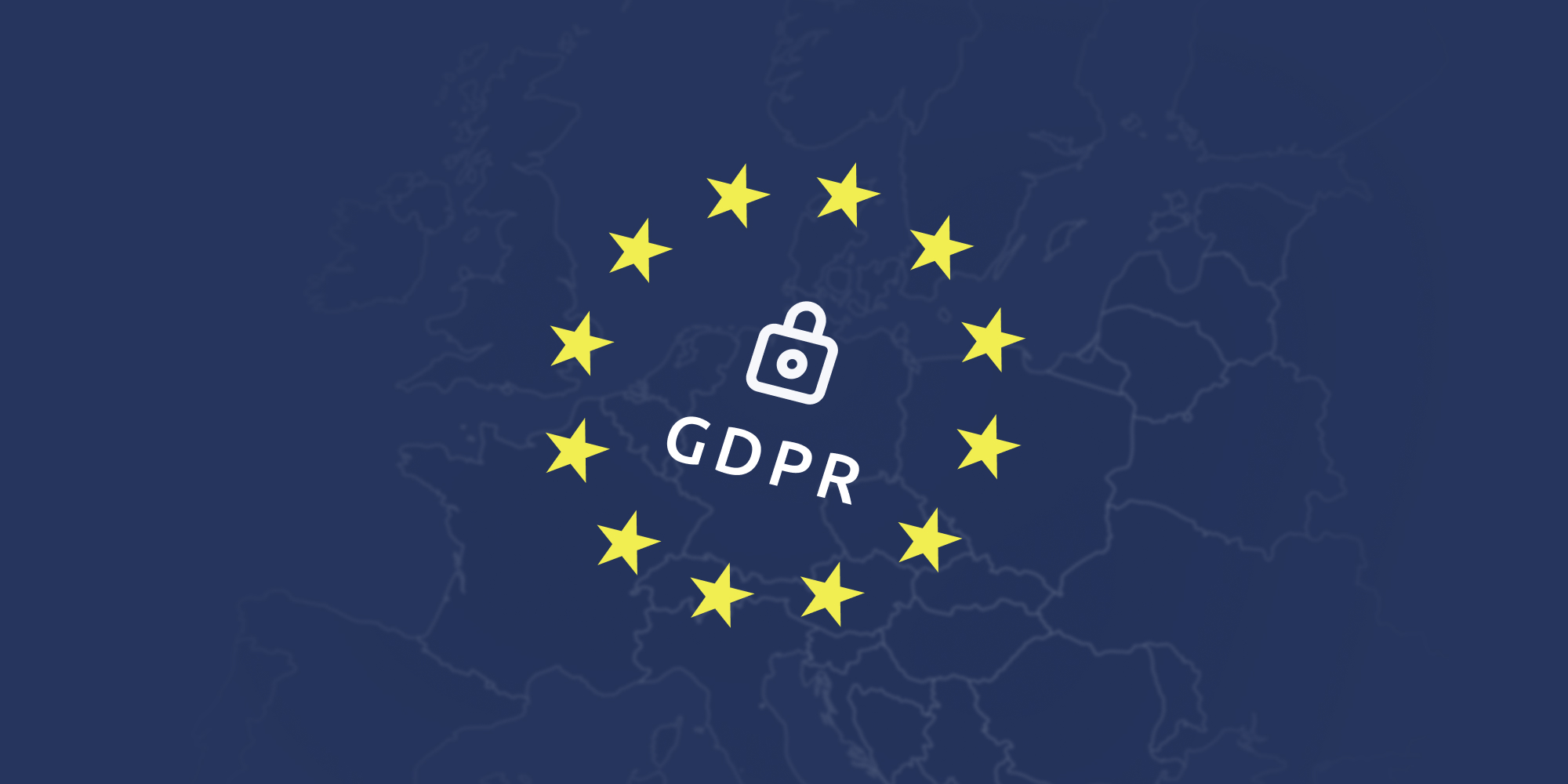3 min read
The gut feeling: an important tool in compliance
Most people working with AML compliance will recognise the feeling when your gut feeling just doesn’t sit right.
3 min read
 Mathias Kobberup
:
03-05-23 13:16
Mathias Kobberup
:
03-05-23 13:16

Are you aware of the strict data privacy regulation that has been enforced in the European Union? The General Data Protection Regulation (GDPR) has had a significant impact on organizations that process the personal data of EU citizens. This comprehensive regulation aims to protect the personal data of individuals and increase transparency and accountability in the data processing.
In this article, we will explain what GDPR is, its requirements, and implications for organisations. We will also discuss the steps that organisations must take to ensure GDPR compliance to avoid significant fines and reputational damage. If you are an organisation that processes the personal data of EU citizens or are simply interested in data privacy, this article is for you. Let's dive in and learn more about the GDPR and its impact on data privacy.
GDPR stands for General Data Protection Regulation. It is a regulation implemented by the European Union (EU) to protect the personal data of EU citizens. The GDPR was enforced in May 2018 and replaced the Data Protection Directive 95/46/EC.
The GDPR applies to any organisation, regardless of its location, that processes the personal data of EU citizens. Personal data refers to any information that can directly or indirectly identify an individual, such as their name, address, phone number, email address, and biometric data.
The GDPR aims to give EU citizens more control over their data and increase data processing transparency and accountability. Under the GDPR, organizations must obtain explicit consent from individuals before collecting and processing their personal data.
The GDPR has several requirements that organisations must adhere to, including obtaining explicit consent from individuals before collecting and processing their personal data. It also gives individuals the right to access their personal data, correct any inaccuracies, and request the deletion of their data in certain circumstances. Organisations must implement appropriate technical and organisational measures to ensure the security and confidentiality of personal data.
Non-compliance with the GDPR can result in significant fines, with penalties of up to 4% of an organisation's global revenue or up to €20 million, whichever is greater. Therefore, organisations that process the personal data of EU citizens need to ensure that they comply with the GDPR requirements.
Organisations must obtain explicit consent from individuals before collecting and processing their personal data. They must also provide individuals with the right to access their personal data, correct any inaccuracies, and request the deletion of their data in certain circumstances.
Personal data refers to any information that can directly or indirectly identify an individual, such as their name, address, phone number, email address, and biometric data. The GDPR covers the processing of personal data, which includes collecting, storing, using, and deleting personal data.
The GDPR is essential because it gives EU citizens more control over their personal data and increases transparency and accountability in the data processing. It ensures that organizations process personal data lawfully, fairly, and transparently. The GDPR also ensures that organizations protect personal data from unauthorized access, accidental loss, destruction, or damage.
The GDPR has had a significant impact on data privacy and protection. It has given EU citizens more control over their personal data and increased transparency and accountability in the data processing. Under the GDPR, individuals have the right to access their personal data, correct any inaccuracies, and request the deletion of their data in certain circumstances.
The GDPR has also encouraged organisations to implement appropriate technical and organisational measures to ensure the security and confidentiality of personal data. This has led to better data protection practices and increased trust between organisations and individuals.
The General Data Protection Regulation (GDPR) is an EU-wide regulation that sets a single legal framework for data protection. While the GDPR harmonises data protection laws across the European Union, individual EU member states have some flexibility in implementing certain aspects of the GDPR.
This means that while the core principles and requirements of the GDPR are the same across all EU countries, there may be some differences in how the GDPR is enforced and applied in each member state. These differences may include variations in the age of consent for processing personal data, the legal grounds for processing personal data, the rights of data subjects, and the powers of data protection authorities.
In addition, some EU member states have implemented further national laws and regulations that complement the GDPR, which may also result in differences in GDPR enforcement and penalties. For instance, some countries may adopt a more lenient approach to GDPR enforcement, while others may be stricter.
Therefore, organisations that process the personal data of EU citizens must ensure that they comply not only with the core GDPR requirements but also with any additional national laws and regulations in each EU member state where they operate or process personal data. Staying up to date with any changes to GDPR laws and rules in each country is crucial to maintaining compliance and avoiding costly fines and reputational damage.
In conclusion, the General Data Protection Regulation (GDPR) is a comprehensive regulation that aims to protect the personal data of EU citizens and increase transparency and accountability in data processing.
Organisations that process the personal data of EU citizens must comply with the GDPR requirements, which include obtaining explicit consent, implementing appropriate security measures, and providing individuals with the right to access their personal data and request its deletion.
Non-compliance with the GDPR can result in significant fines and reputational damage. Therefore, it is crucial for organisations to ensure GDPR compliance and stay up to date with any changes to GDPR laws and rules in each EU member state where they operate or process personal data.
Overall, the GDPR has had a significant impact on data privacy and protection, giving EU citizens more control over their personal data and increasing trust between organisations and individuals.

3 min read
Most people working with AML compliance will recognise the feeling when your gut feeling just doesn’t sit right.

2 min read
We are pleased to officially launch Comply Light – a simplified solution designed for lawyers who need to collect and store ID documentation in a...

3 min read
Time is running out if you want to stay ahead of the legislative changes affecting lawyers who use pooled client accounts, which come into force on...